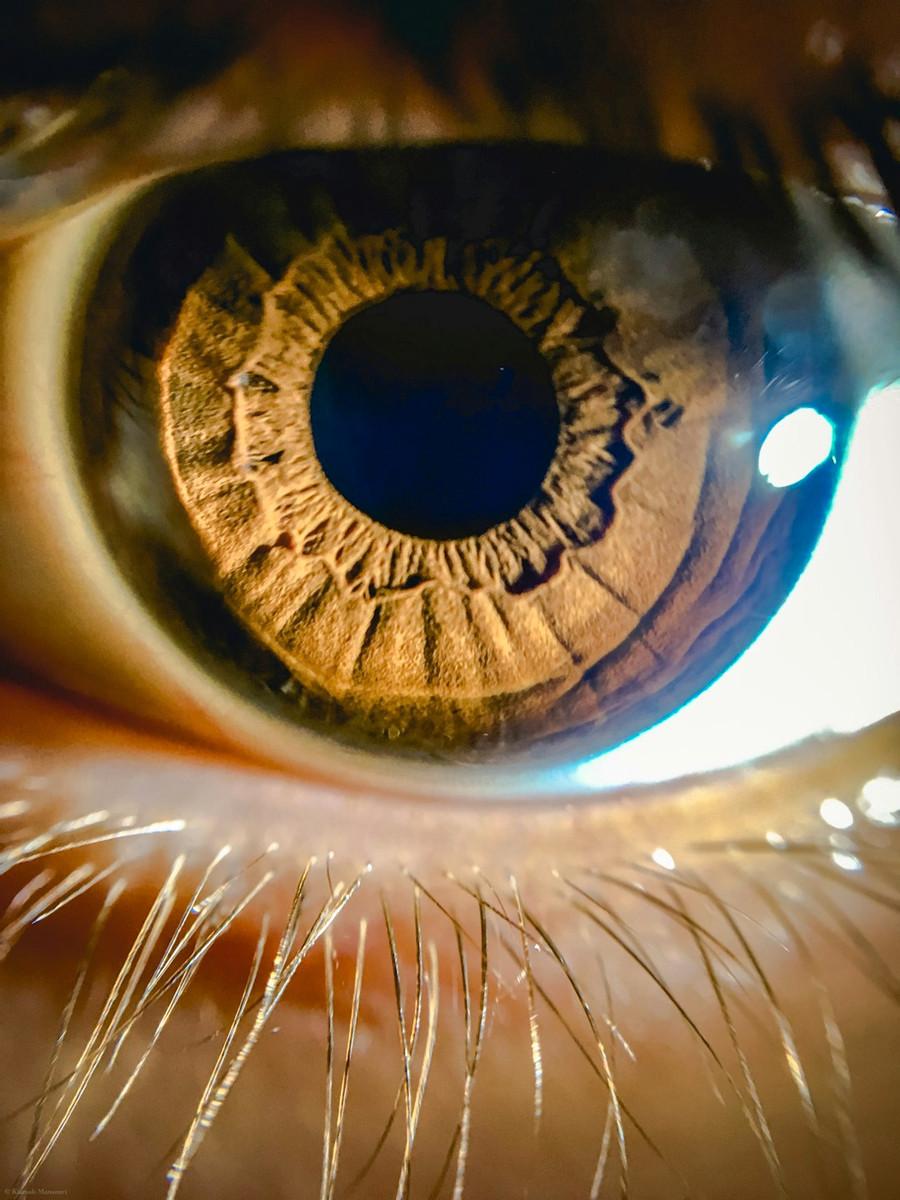Decoding Microexpressions: Understanding the subtle facial movements that convey hidden emotions
Ideas, facts & insights covering these topics:
7 ideas
·1.49K reads
20
Explore the World's Best Ideas
Join today and uncover 100+ curated journeys from 50+ topics. Unlock access to our mobile app with extensive features.
A reason to know them
Microexpressions offer valuable insights into hidden emotions, allowing us to understand others on a deeper level.
By learning to decode these fleeting facial movements, we can sharpen our emotional intelligence, enhance our communication skills, and foster meaningful connections.
Embracing the study of microexpressions empowers us to navigate the intricate world of human emotions with greater sensitivity and insight.
16
303 reads
What are Microexpressions?
Are involuntary and fleeting facial expressions that occur in response to an emotional stimulus.
They typically last for only a fraction of a second, making them challenging to detect with the naked eye.
These subtle facial movements often go unnoticed, as individuals may try to conceal or suppress their true emotions consciously or unconsciously.
Microexpressions are believed to be a natural part of our physiological responses to emotional stimuli, and they provide important insight into an individual's true feelings, attitudes, and intentions.
15
250 reads
Decoding the Language of Microexpressions
Research has identified several key microexpressions that reflect specific emotions, such as happiness, sadness, surprise, fear, anger, disgust, and contempt.
While their duration is brief, these microexpressions can provide crucial clues about a person's genuine emotional state.
For example, a momentary contraction of the inner eyebrows may indicate sadness or distress, while the raising of the outer eyebrows can signify surprise.
Frowning or wrinkling of the forehead may be associated with anger or confusion.
Subtle lip movements and tightening of the jaw can reveal concealed emotions.
20
228 reads
Applications in Various Fields
There are many as psychology, law enforcement, negotiation, sales and therapy.
In criminal investigations, law enforcement professionals trained in microexpression analysis can detect potential signs of deception or hidden emotions during interviews and interrogations.
In the realm of sales and negotiation can enable professionals to read and respond to clients' unspoken concerns or objections, fostering trust and rapport.
Therapists can utilize microexpression analysis to gain valuable insights into their clients' emotions, facilitating more accurate diagnoses and effective treatment plans.
14
185 reads
The Importance of Microexpressions
They serve as a window into an individual's true emotional state, bypassing verbal communication and offering deeper insights into their feelings.
By accurately interpreting microexpressions, we can improve our emotional intelligence, communication skills and build stronger connections with others.
One of the key advantages of microexpressions is that they provide an immediate readout of a person's emotional state, even if they're trying to downplay their emotions.
For instance, if someone is trying to appear happy while secretly feeling anxious, their microexpressions may betray their feelings
14
177 reads
Developing Microexpression Skills
Becoming proficient in decoding microexpressions requires practice and training.
Like any skill, becoming proficient in reading microexpressions takes practice and dedication.
But with the abundance of resources available today - from books and online courses to workshops and seminars - anyone can learn how to become more perceptive to the nonverbal cues of those around them.
Whether you're a professional or simply someone looking to improve their communication skills, learning to decode microexpressions can be an invaluable tool.
16
174 reads
References
- Ekman, P., & Friesen, W. V. (1969). The repertoire of nonverbal behavior: Categories, origins, usage, and coding. Semiotica, 1(1), 49-98.
- Matsumoto, D., & Hwang, H. S. (2019). Reading facial expressions of emotion. Asian Journal of Social Psychology, 22(1), 71-91.
15
180 reads
IDEAS CURATED BY
🔹Wellness 🔹Empowerment 🔹Life Coaching 🔹Learning 🔹Networking 🔹Counseling 🔹Evolution 🔹Transformation
CURATOR'S NOTE
Have you ever found yourself in a conversation where the spoken words don't quite match the underlying emotions you sense? Human communication is a complex tapestry, with much of the true meaning conveyed through nonverbal cues. One such fascinating aspect of nonverbal communication is microexpressions – brief, involuntary facial movements that reveal hidden emotions. These fleeting expressions, lasting only a fraction of a second, can provide profound insights into a person's true feelings, often bypassing conscious control or intentional masking.
“
Similar ideas
4 ideas
The mindset that changed my life IMMEDIATELY
Sleepy Charlie
Read & Learn
20x Faster
without
deepstash
with
deepstash
with
deepstash
Personalized microlearning
—
100+ Learning Journeys
—
Access to 200,000+ ideas
—
Access to the mobile app
—
Unlimited idea saving
—
—
Unlimited history
—
—
Unlimited listening to ideas
—
—
Downloading & offline access
—
—
Supercharge your mind with one idea per day
Enter your email and spend 1 minute every day to learn something new.
I agree to receive email updates







